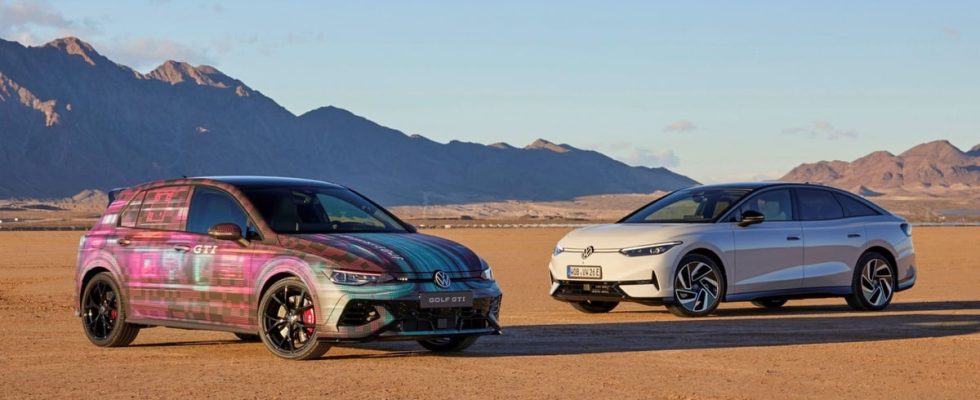The technology fair CES gets underway this week in Las Vegas, Nevada, and one of the automakers making a big splash is Volkswagen.
One of the news is that the brand plans to integrate the AI robot ChatGPT into the MMI system of its cars.
More specifically, the chatbot should be integrated into the voice control, which currently does not work very well.
Rimac is developing self-driving taxis with Kia
Should improve voice control
The integration of ChatGPT should improve the user experience, by sending questions and commands that the Volkswagen system cannot answer on its own to the AI robot.
The experience should be made seamless by the fact that the answers will always be delivered by the Volkswagen system’s voice and interface.
The voice control should, for example, be able to help adjust the temperature or set a new destination.
Volkswagen’s cheap electric car is delayed – because of the EU
Will AI take my personal data?
On the security front, Volkswagen says that ChatGPT will not have access to vehicle information, and the AI system will thus not be able to read the driver’s personal data.
In addition, all questions must be deleted “immediately”, which is why it must be free to ask the most repeated questions to the system.
Two girls crossed the USA on electric motorcycles – from Sweden
Launch in 2024
A Volkswagen spokesperson tells Motor1 that Europe will be the first to get the ChatGPT feature, which will launch there in the second quarter of 2024.
The function will then be implemented in the models ID.3, ID.4, ID.5, and ID.7, as well as the brand new versions of Golf, Passat and Tiguan.
The new Golf has yet to be launched, but the GTI version is shown in camouflaged guise at CES.
In the US, the ChatGPT integration is still awaiting approval from the authorities to be implemented, and the timetable for the rollout on the other side of the Atlantic is thus unclear.
Volkswagen’s solid state battery could revolutionize electric cars
